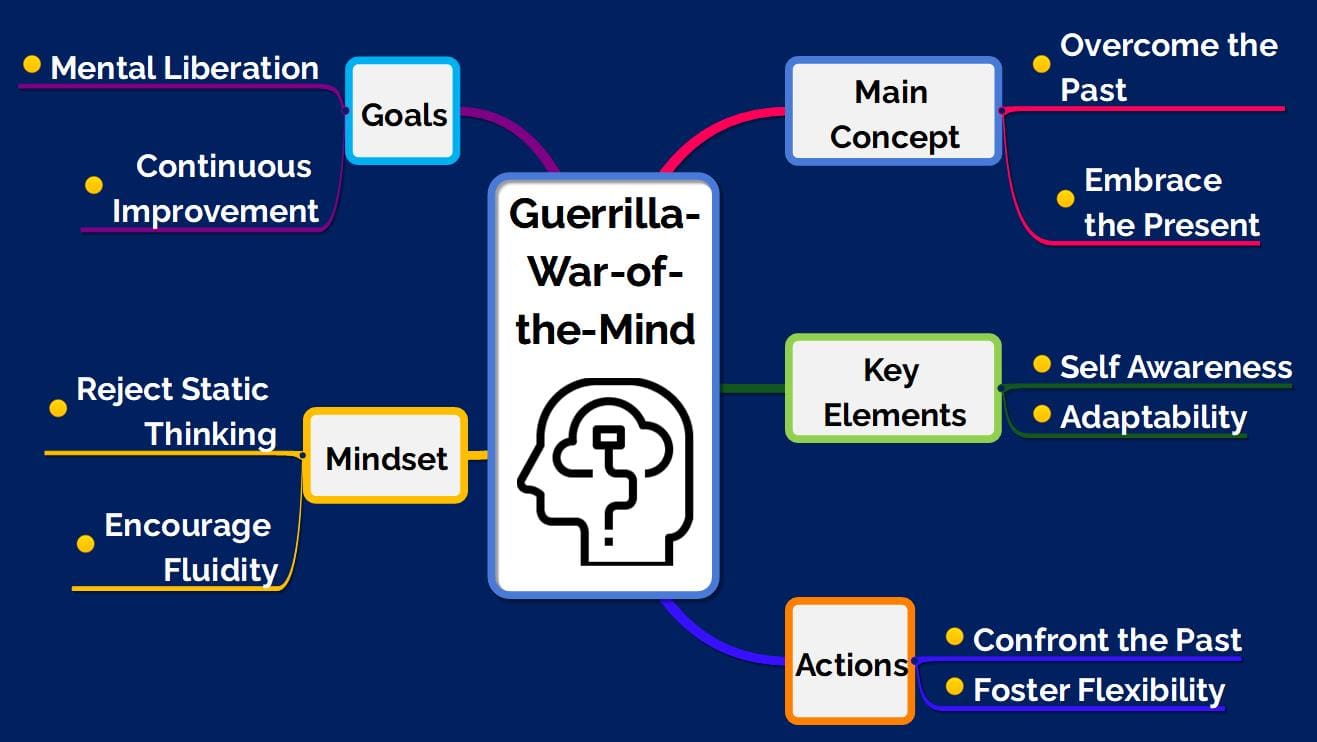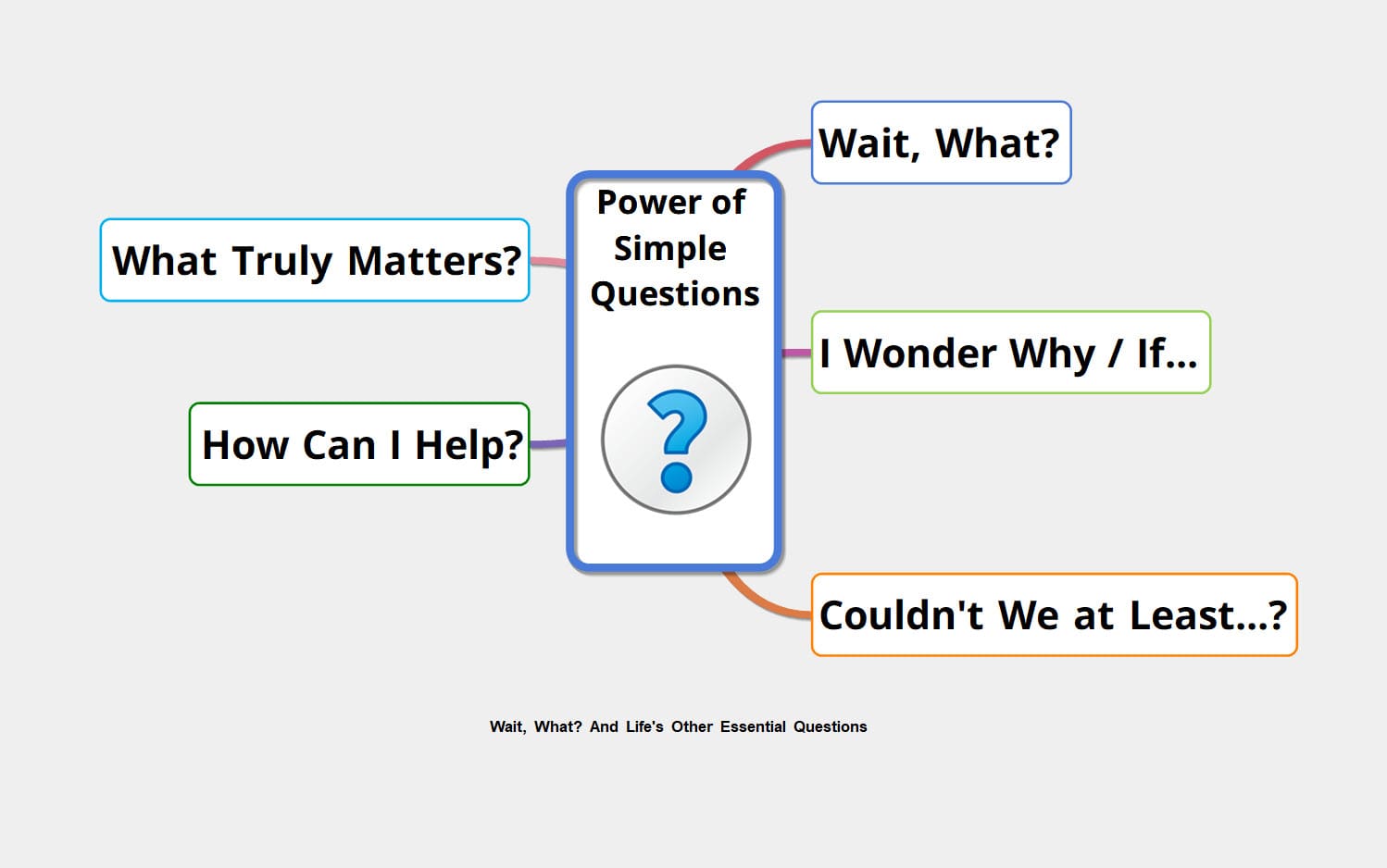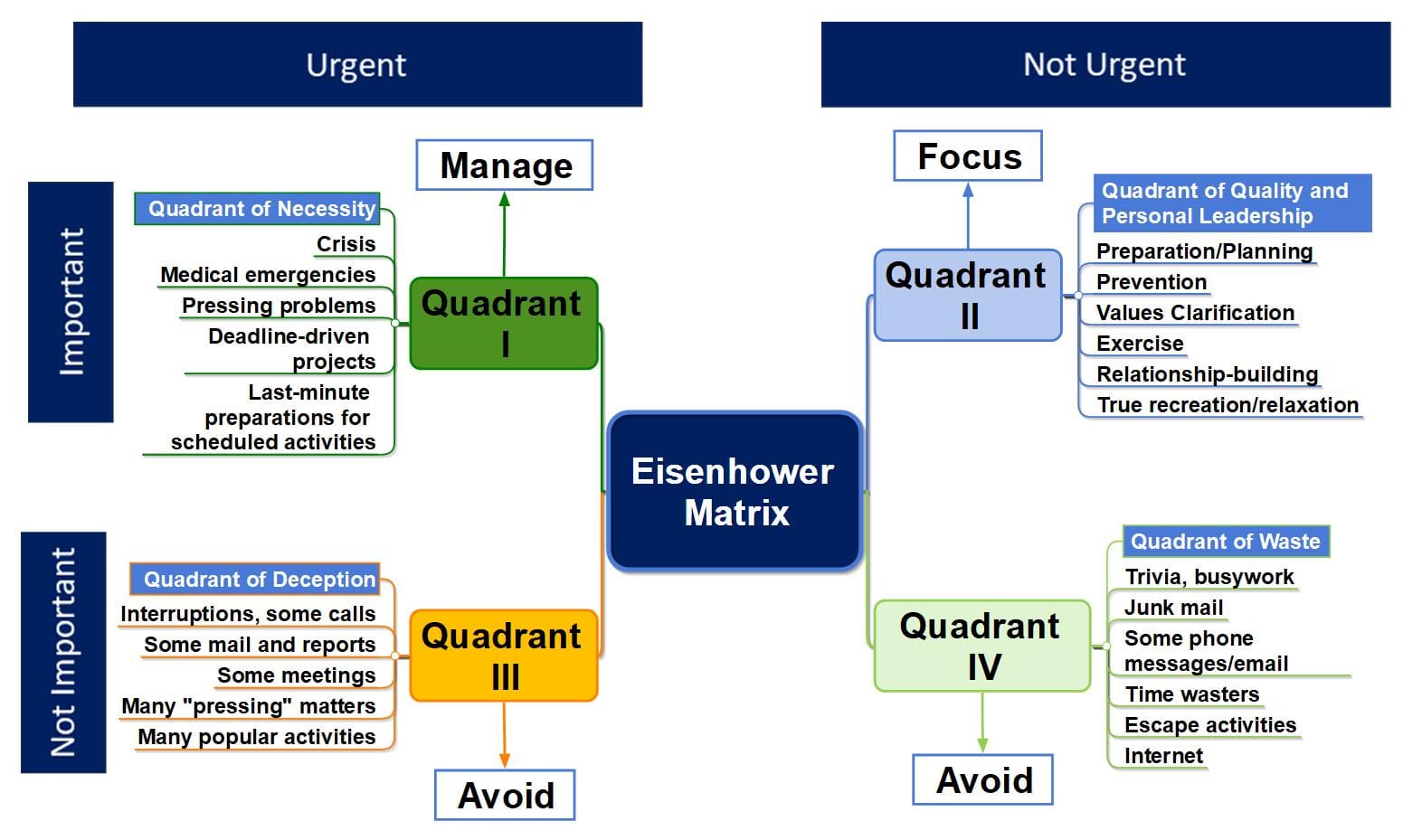Project management might seem convoluted and intricate if you’re not directly involved in the field. However, developing an understanding of its fundamental principles has the potential to revolutionize how you approach and execute tasks, irrespective of whether they are personal or professional.
What is Project Management?
At its most basic level, project management involves the process of strategizing, implementing, and supervising a particular task or operation to ensure its successful completion most efficiently and effectively possible. It’s a structured approach to dissecting large, formidable tasks or activities into smaller, more manageable components and then methodically and tactically navigating through each of these parts.
The Universal Applicability of Project Management
Although the term may seem technical and industry-specific, the principles of project management are, in fact, universal and can be applied across a broad spectrum of sectors or even in day-to-day life. Whether it’s orchestrating a large family gathering, meticulously planning an upcoming vacation, or effectively managing personal finances – these are all essentially projects that require careful strategizing and execution.
Core Components of Project Management
The process of project management typically consists of five integral stages: Initiation, Planning, Execution, Monitoring and control, and Closure. Each phase is indispensable and necessitates a unique set of skills and tools. However, these skills are not esoteric or inaccessible; they are highly transferable and can be cultivated and refined over time with practice and perseverance.
User-Friendly Project Management Tools For All
In today’s digital era, many tools exist designed to facilitate more efficient project management. Applications like Asana, Monday, and Trello are remarkably user-friendly and have been designed to simplify your life rather than complicate it. They offer a suite of features, such as assigning tasks, tracking due dates, and monitoring progress, which can prove to be instrumental in managing any project, regardless of its size. If you are inclined towards more visually oriented project management methods, you can explore software like MindMapper and MindManager, which allow for comprehensive visual mapping of projects from inception through to completion.
Concluding Thoughts
Understanding and applying project management principles is not a skill set reserved exclusively for project managers. By incorporating these basic principles into your approach, you can significantly enhance your organizational abilities, efficiency, and effectiveness, whether you’re spearheading a large-scale corporate initiative or merely planning your next family vacation. So, why not seize the opportunity to embark on a journey of learning more about project management today?







